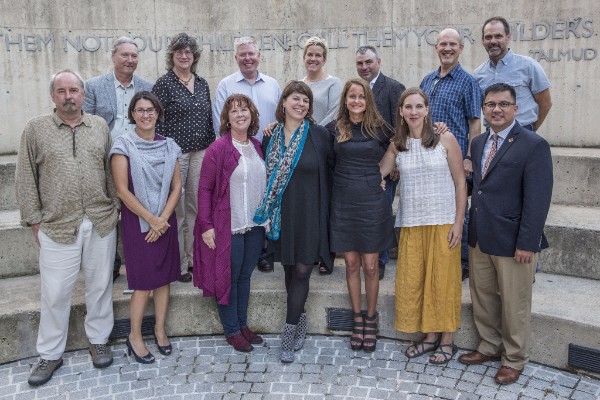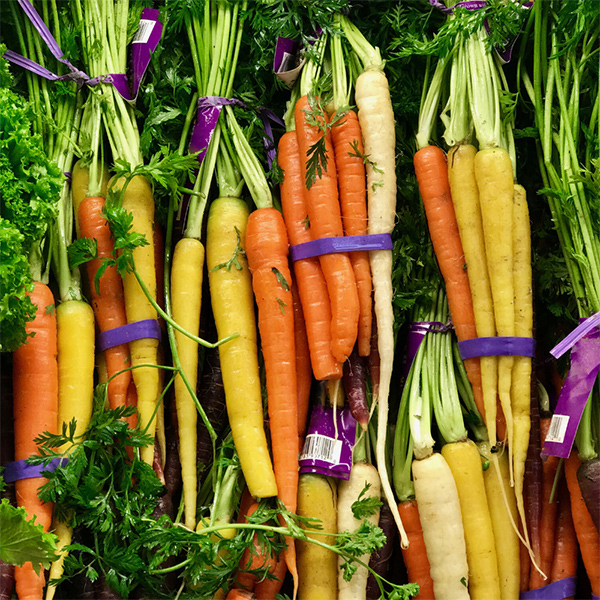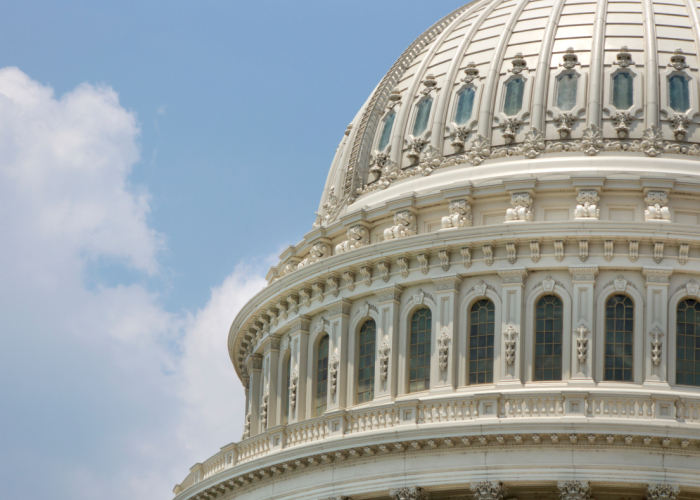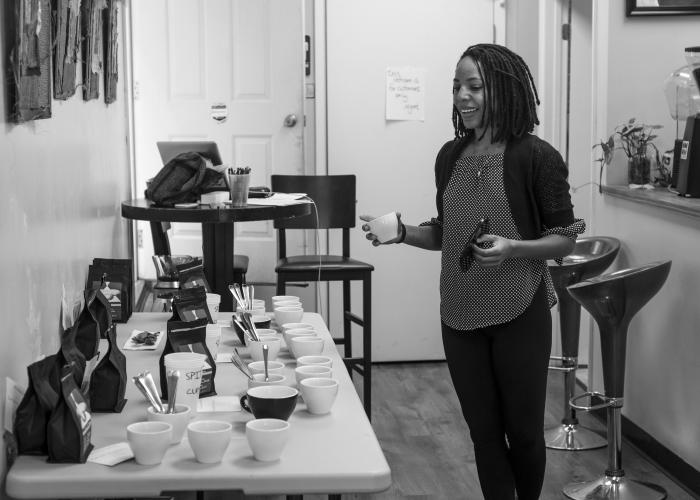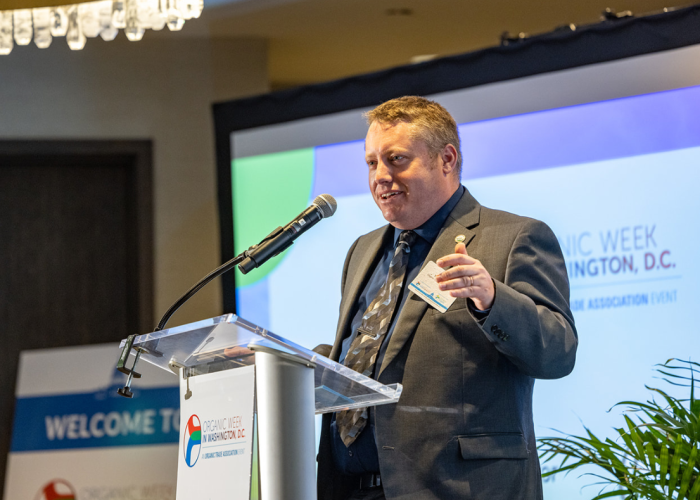Today’s organic sector demands smart policy and smart advocacy. Never have organic farmers and businesses faced such a myriad of opportunities…and challenges. The Organic Trade Association takes decisive action to shape the environment for organic and to keep organic moving forward.
Here are some of the Organic Trade Association’s biggest moves that made a difference for organic last year:
Defending organic standards and the integrity of organic.
The Organic Trade Association took unprecedented action and filed suit against USDA over the department’s derailment of the implementation of the final rule on animal welfare standards for organic livestock and poultry. We argued that USDA’s failure to move ahead with the fully-vetted regulation violates Congressionally-mandated rule-making procedures. In addition, it calls into question the entire process by which the voluntary standards that organic producers abide by are set and that consumers trust in and depend on. We will see USDA in court and are confident we will prevail on this critical issue.
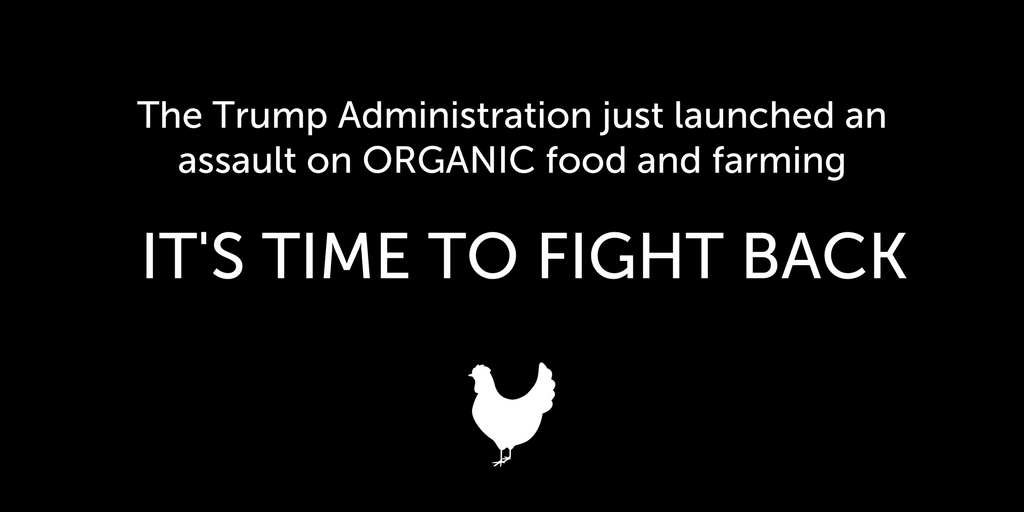
Protecting consumers from organic fraud.
The Organic Trade Association acted quickly to address the discovery of fraudulent organic grain imports. We pulled together more than 30 of our members to form the Global Organic Supply Chain Integrity Task Force to develop an industry guide to cut the risk of fraud. Our Government Affairs team worked to craft the bipartisan Organic Farmer and Consumer Protection Act, which improves the oversight of global organic trade and increases funding for compliance and enforcement. Our CEO attended a high-level meeting on the issue in Ukraine, with organic officials and experts from the U.S., the European Union and Eastern Europe.
Bringing the organic message to the Halls of Congress.
The Organic Trade Association made sure our members were frequent visitors on Capitol Hill during the year to spread the word of organic. In March, 17 organic business leaders participated in the group’s Leadership Fly-In. In May, more than 100 members visited over 160 congressional offices as part of Organic Week. In November, 20 organic farmers stepped up to the plate for thousands of organic farmers throughout the country when they took part in the Organic Trade Association’s first Farmers Advisory Council fly-in and met with lawmakers about organic priorities in the 2018 Farm Bill.
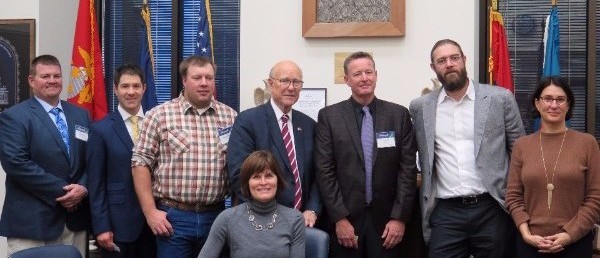
Taking the pulse of organic, and crafting the organic platform for Farm Bill 2018.
The Organic Trade Association reached out to thousands of organic stakeholders across the country to hear what their priorities were for Farm Bill 2018. More than 500 organic stakeholders across 45 states weighed in, and the trade association used the findings to build a farm bill platform that reflects the needs of the organic community. We’re now advocating for policies that promote a healthy marketplace, ensure that organic farmers continue to be successful and expand organic production.
Building bipartisan support for critical Farm Bill “markers” for organic.
The Organic Trade Association worked with Congressional offices throughout the year to help develop and craft critical legislation for the organic sector to include in the 2018 Farm Bill. The hard work resulted in three significant pieces of bi-partisan legislation being introduced: the Organic Research Act of 2017 that increases the funding for organic research, the Organic Farmer and Consumer Protection Act which makes significant strides to improve the oversight of global organic trade, and the Organic Farmers and Access Act which expands access to rural development programs for organic.
Opening global markets for U.S. organic.
The Organic Trade Association’s international trade team promoted U.S. organic throughout the world in 2017. A few highlights: in February at BioFach 2017, the world’s largest organic trade fair for food held in Germany, the Organic Trade Association hosted 17 U.S. organic suppliers leading to almost $9 million in export opportunities.
In July, the Organic Trade Association co-hosted with USDA the Annual Inter-American Commission for Organic Agriculture Conference, drawing the heads of national organic programs and organic leaders from 13 nations throughout South and Central America. In October, the Organic Trade Association led its first trade mission to Hong Kong/Macau -- the world’s sixth largest importer of U.S. organic products; $26,000 of U.S organic product was sold onsite.

Enabling organic to invest in its future.
The Organic Trade Association continued the drive for a nationwide research and promotion check-off program for organic to empower the sector and proactively invest in its future. The trailblazing industry proposal, spearheaded by the Organic Trade Association, estimates the program would raise over $30 million a year for organic research, technical services, and consumer education and promotion of the organic brand. The Organic Trade Association submitted comments on the GRO Organic Check-off proposal with 1,358 public endorsers named. Over 11,000 supporters joined these organic stakeholders.
Weighing in on critical regulatory issues.
The Organic Trade Association went to bat for its membership on a wide variety of key regulatory issues, filing official comments on issues ranging from GMO labeling to the mislabeling of organic mattress claims. We weighed in on regenerative organic certification and modernizing the North American Free Trade Agreement. Comments were sent to the Food and Drug Administration on the term “healthy” on food labels, to the National Organic Program on a proposal to revise the National List, and to USDA on strategies to support the long-term health and visibility of U.S. agriculture.

Being the go-to source for accurate and comprehensive data on organic.
The Organic Trade Association educates the public on the organic sector through our annual industry and household surveys. The 2017 Organic Industry Survey reported record U.S. organic sales of around $47 billion in 2016, with organic now accounting for 5.3 percent of total U.S. food sales. Our consumer survey--2017 U.S. Families’ Organic Attitudes and Behaviors Study, for the first time looked at Millennial households without children. Millennials are big buyers of organic, and our findings showed that becoming a parent only deepens the strong affinity for organic shared by this powerful generation.
Educating policy makers and private industry on organic’s economic benefits.
The Organic Trade Association informed key agricultural policy makers and experts about the positive impacts of organic agriculture on rural economies. We contributed a chapter on the economic benefits of organic to an important new publication from the U.S. Federal Reserve Board of Governors and USDA, Harvesting Opportunity: The Power of Regional Food System Investments to Transform Communities. Our chapter detailed the findings of a Penn State research paper on organic hotspots summarized in 2016 by the Organic Trade Association, "U.S. Organic Hotspots and Their Benefit to Local Economies". The Fed book is directed to a top-level audience of public and private agricultural and financial influencers.
Going on the record and correcting misinformation on organic.
The Organic Trade Association vigilantly monitors what the media writes about organic. When misleading or misinformation appears in print or online, the trade association--and its not-for-profit affiliated organization, The Organic Center, correct the record. In 2017, we responded to The Washington Post, The New York Times, the National Review and other major publications make sure the media is reporting accurately and fairly about organic.
Advocating for organic research and the dollars to finance it.
The Organic Trade Association is a steadfast champion of organic research. We submitted comments to USDA’s Office of the Chief Scientist in March that strongly supported The Organic Center in underscoring that organic is an integral part of the solution for agricultural sustainability. We were one of the leading advocates for the Organic Research Act of 2017, which boosts the funding for the Department of Agriculture’s Organic Agriculture Research and Extension Initiative from its current $20 million to $50 million a year from 2018 to 2023.
Representing organic at the big agricultural table.
The Organic Trade Association represented organic at USDA’s Agricultural Outlook Forum for the second consecutive year. The department’s annual outlook conference is the biggest event thrown by USDA, attracting over 2,000 attendees from around the world and over 50 reporters and writers from media outlets across the country. The forum provides a high-profile platform for a conversation on key agricultural issues, and organic is now a part of that conversation. The Organic Trade Association participated in sessions on the marketing-driven changes in agricultural production, and the outlook for organic agriculture.
Developing tools to encourage organic production.
The Organic Trade Association’s Grain, Pulse and Oilseed Council worked with the U.S. Organic Grain Collaboration to sponsor the development of a new crop budgeting tool to encourage more U.S. organic grain production. The new calculator created templates to help farmers in the Dakota’s and Montana plan future organic crop production and estimate yields, cost and prices for their production as they transition to organic. The lack of such calculators had been identified as a barrier for farmers looking to go organic.
Showing consumers how to go organic beyond the kitchen.
The Organic Trade Association’s Fiber Council held a first-of-its-kind organic fiber and textiles pop-up shop in the heart of Manhattan. At the two-day event, 24 top organic lifestyle member companies highlighted that what we put on our bodies matters as much as what you put in it. The organic “#LiveOrganic from Farm to Home” event featured a kick-off VIP reception, where media guests met and mingled with leaders and pioneers of the organic textile industry. During the event, hundreds of visitors posted highlights from the pop-up shop on their social media channels using the #LiveOrganic hashtag.
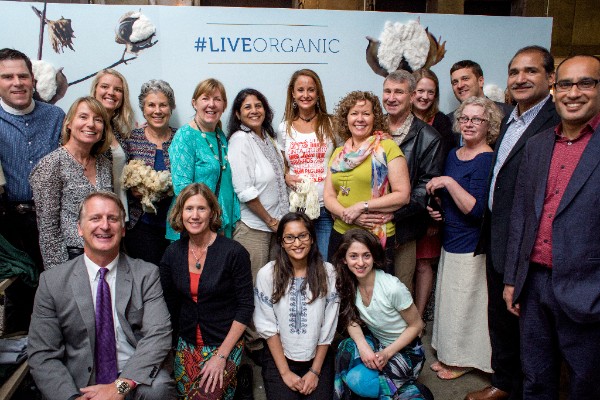
Amping up the voice of farmers.
The Organic Trade Association expanded its farmer roster by over a thousand with new memberships of Pennsylvania Certified Organic and Georgia Organics into the association’s Farmers Advisory Council. The two membership-based non-profit organic organizations represent almost 1,200 certified organic producers in 15 states stretching from the Mid-Atlantic and Southern U.S. to the Midwest. The new strategic alliances with the Farmers Advisory Council will significantly expand cooperation among organic farmers and stakeholders, and strengthen the voice and input of organic farmers within the Organic Trade Association.
Identifying organic leaders and visionaries to advance organic.
The Organic Trade Association ensured that it will continue its mission to protect and promote organic in 2018 by electing a visionary Board of Directors. A record 37 percent of the association’s member companies voted in the Board of Directors 2017 election. Kim Dietz of The J.M. Smucker Company, who had completed a three-year appointed term to the Board, was re-elected. Also elected were Britt Lundgren of Stonyfield Farm and Mark Squire, owner of two Good Earth Natural Food stores. The Board subsequently named Bob Kaake of Annie’s Inc. and Mike Menes of True Organic Products to fill two appointed seats.
